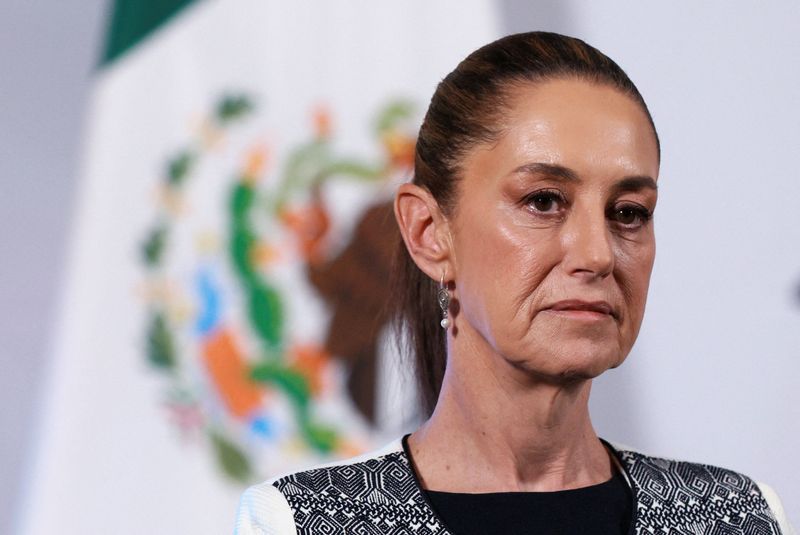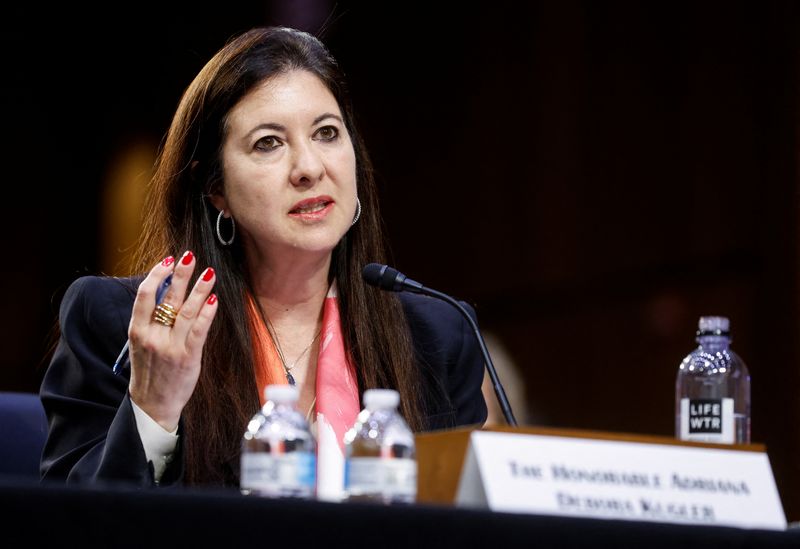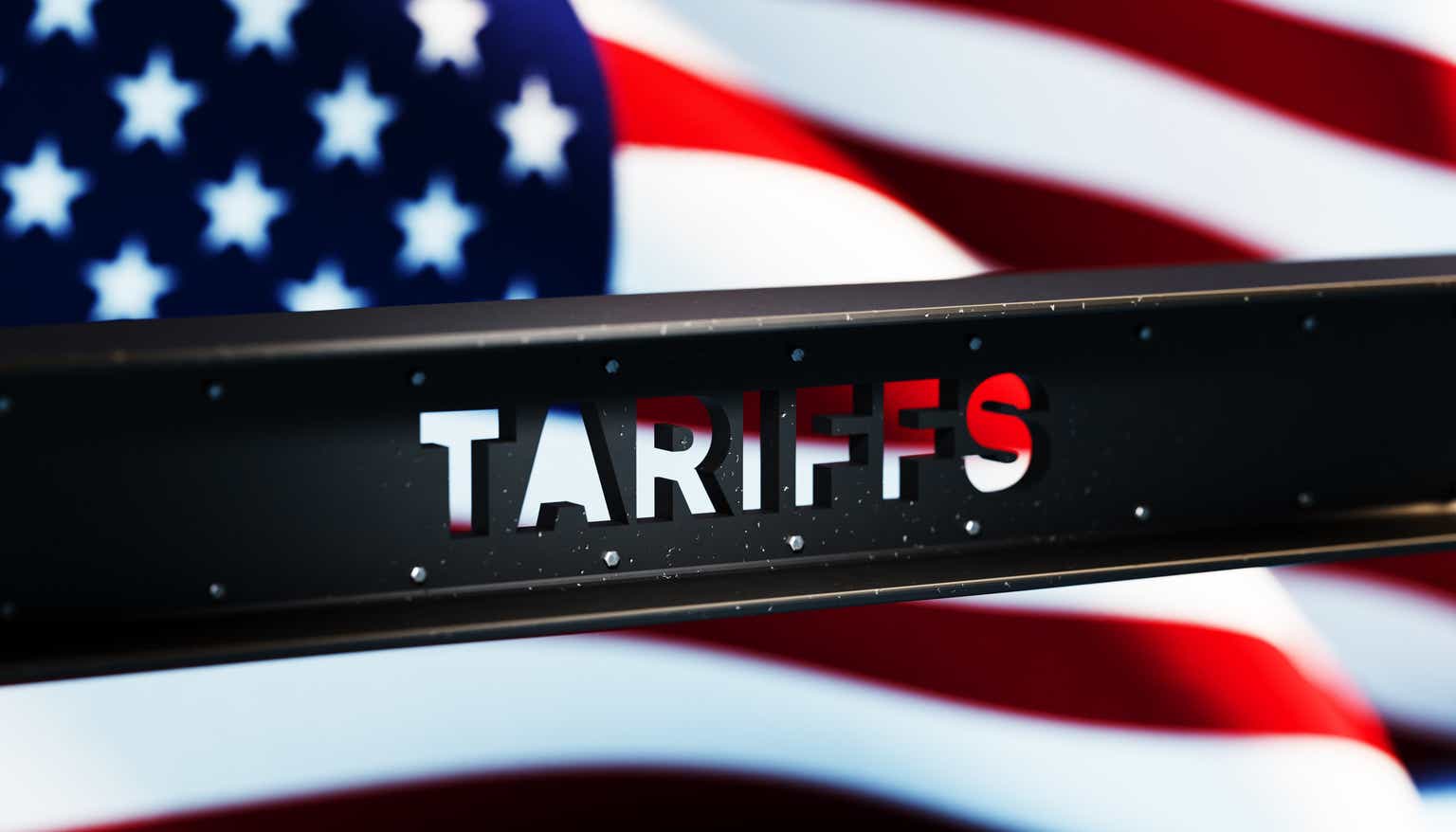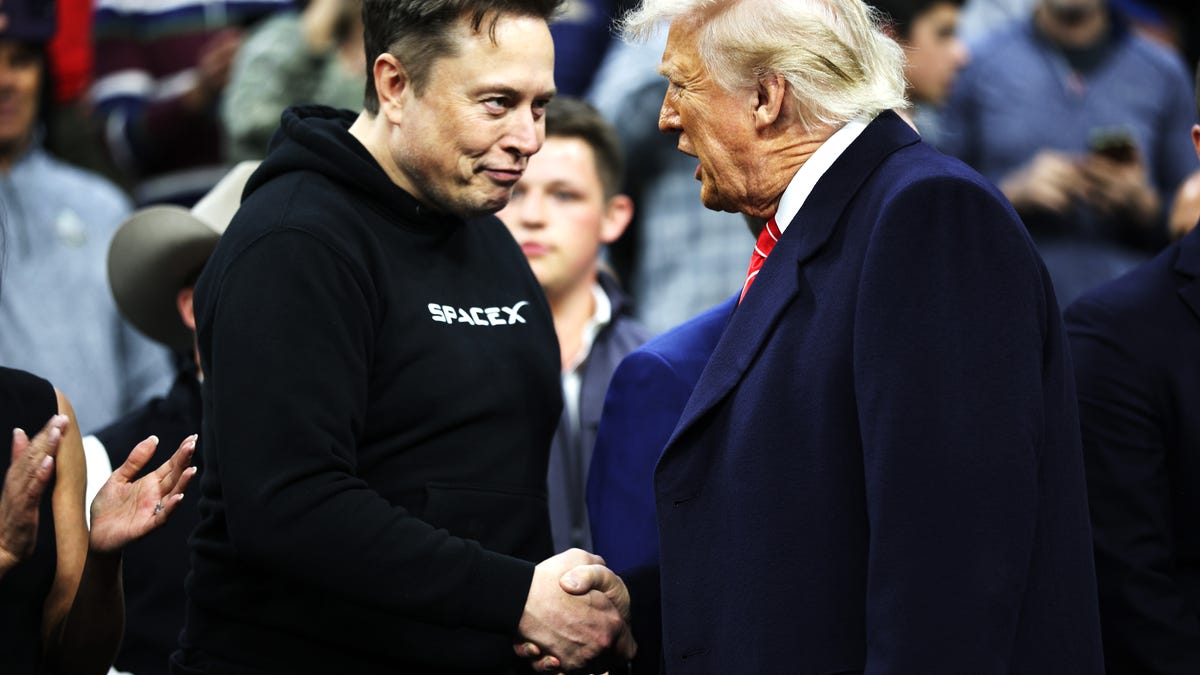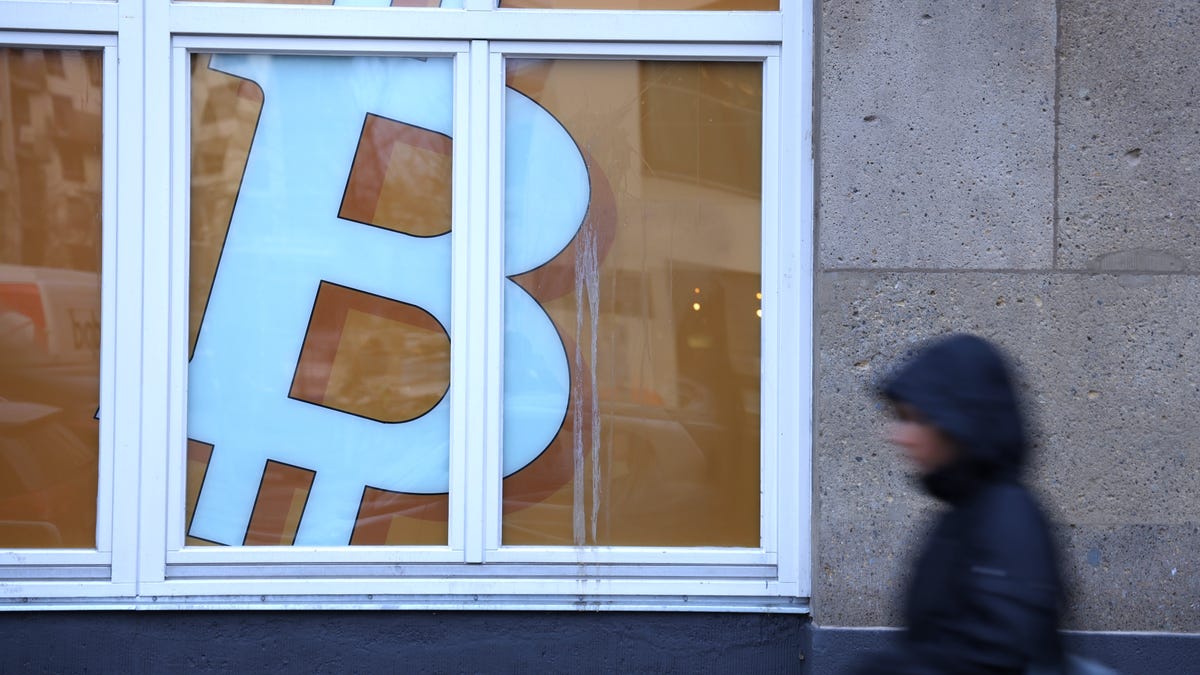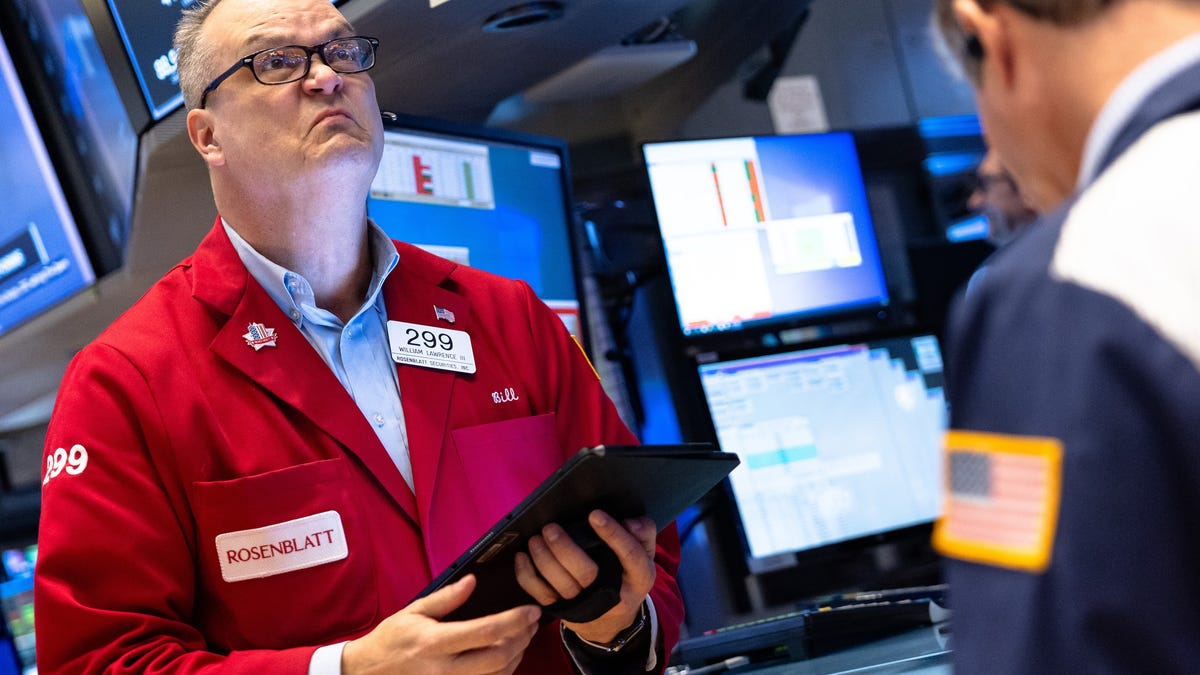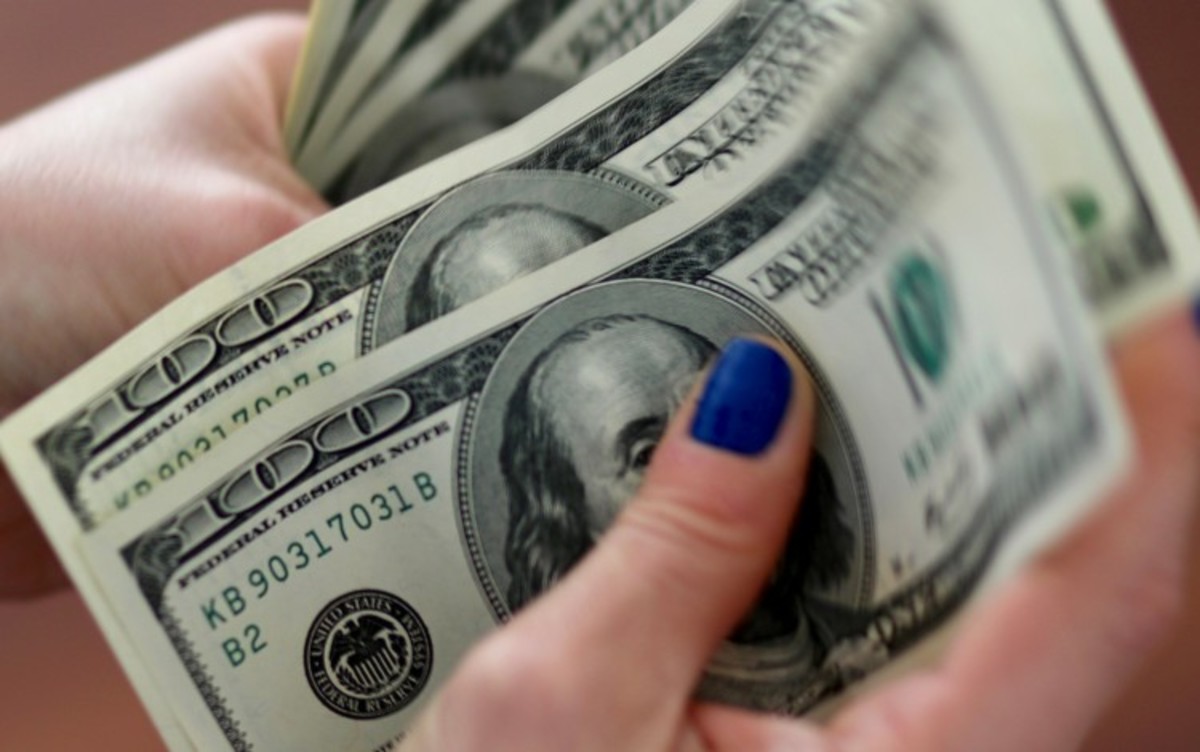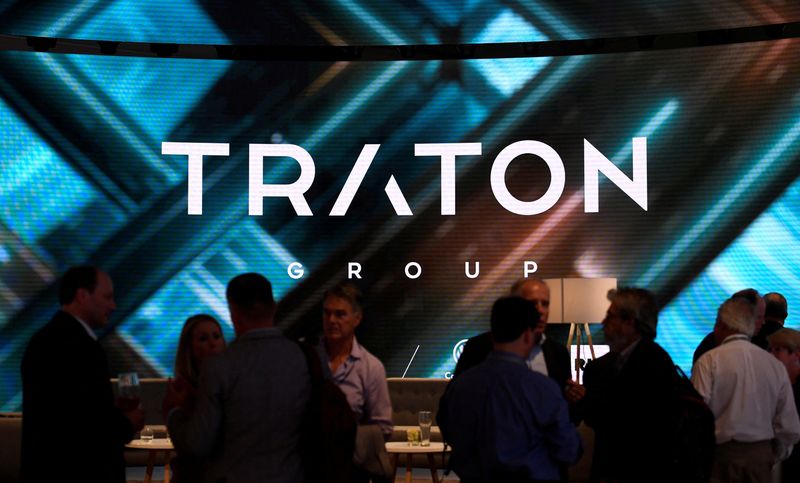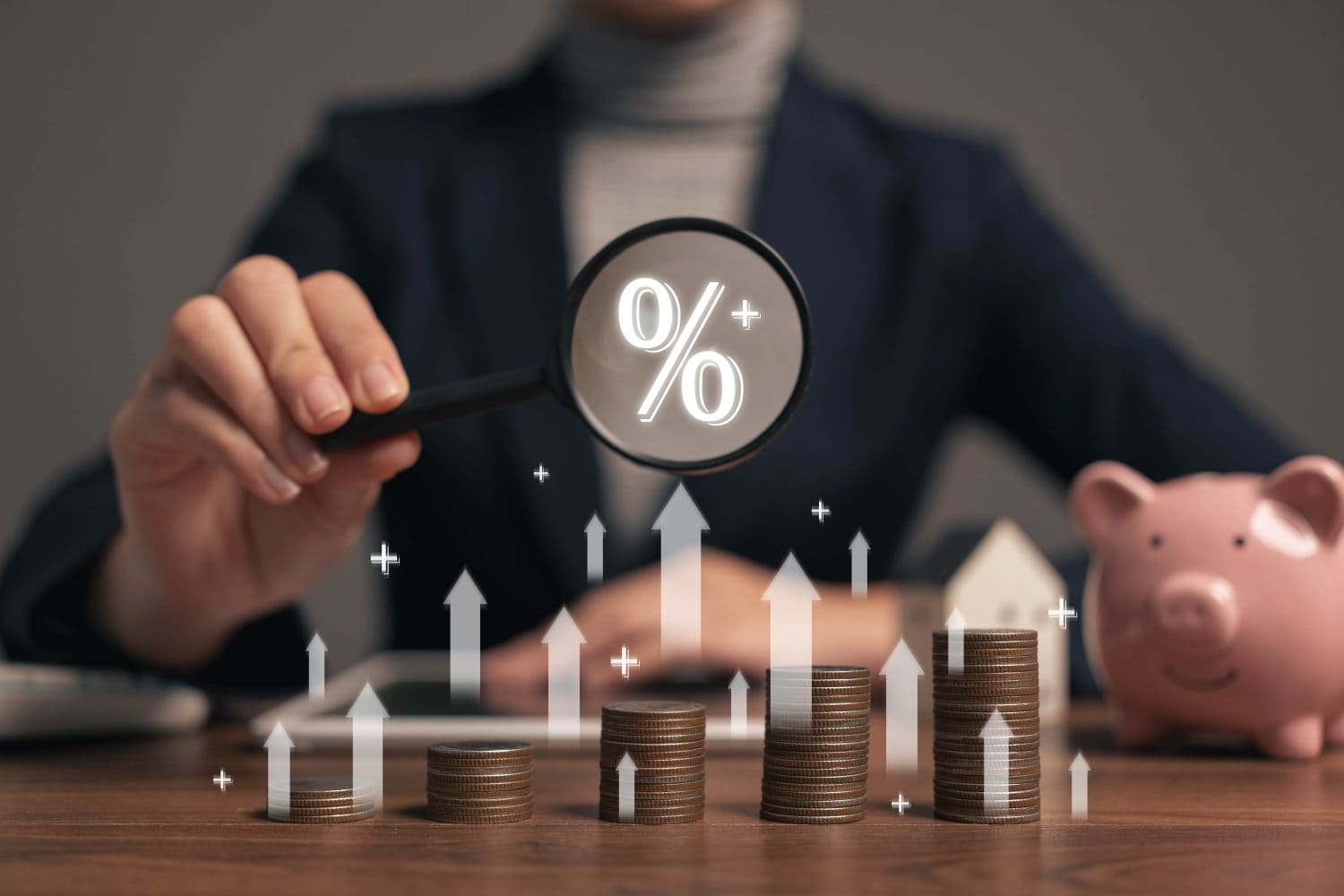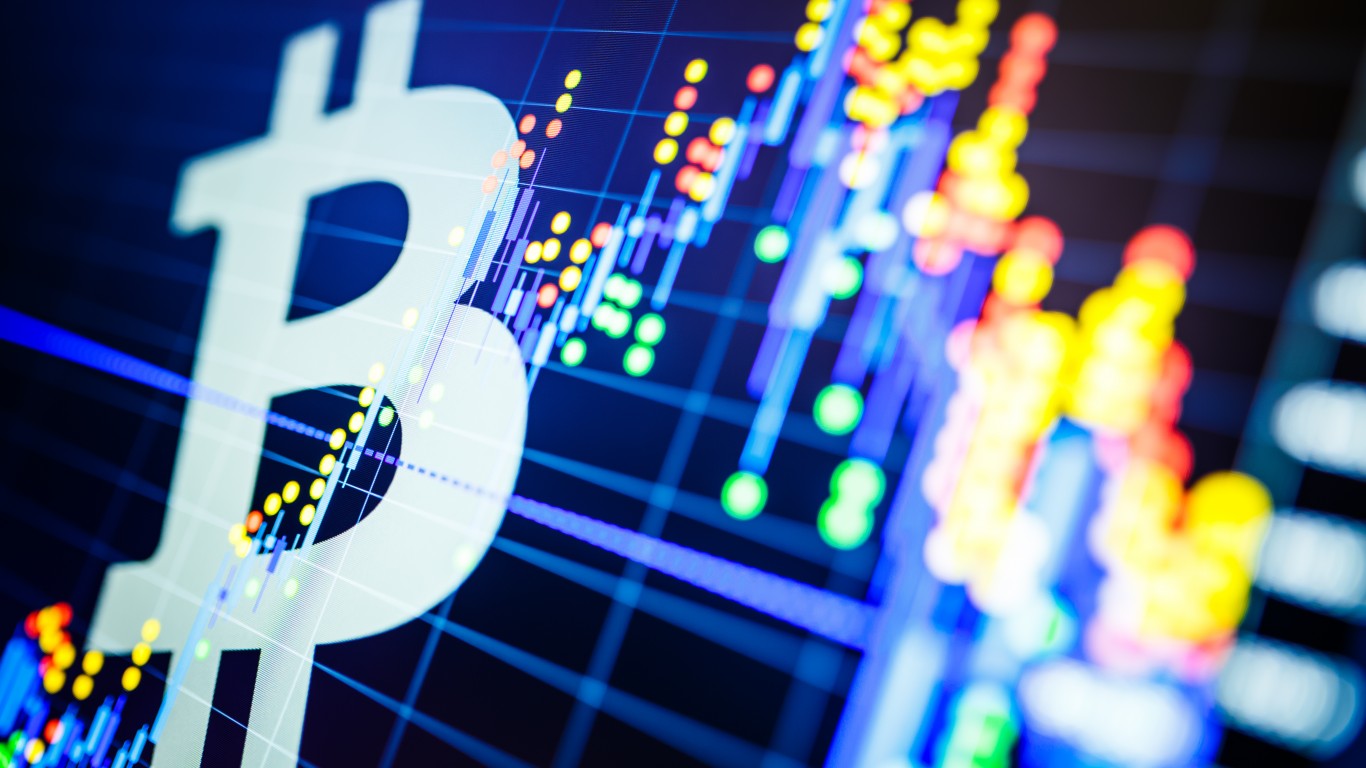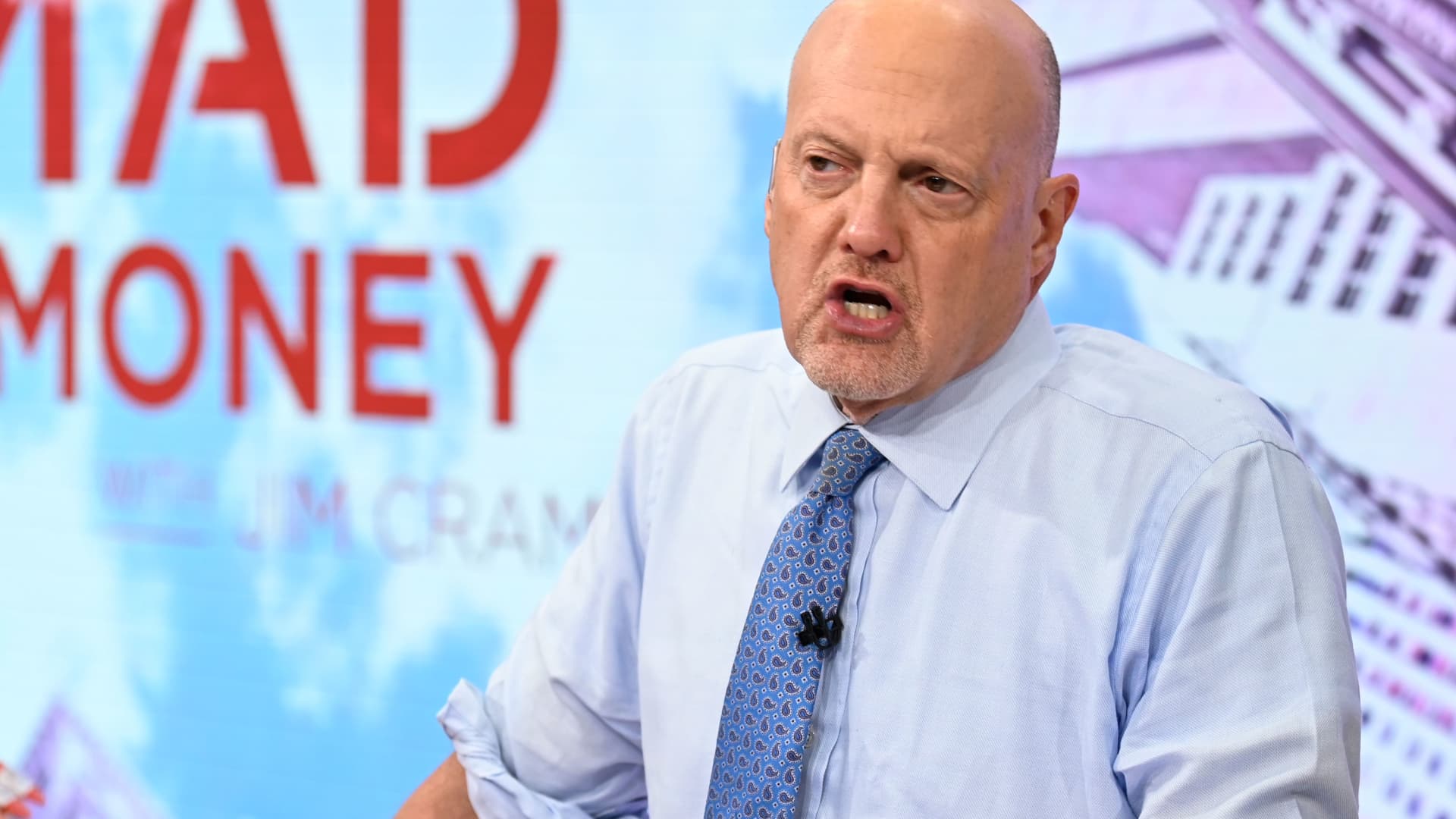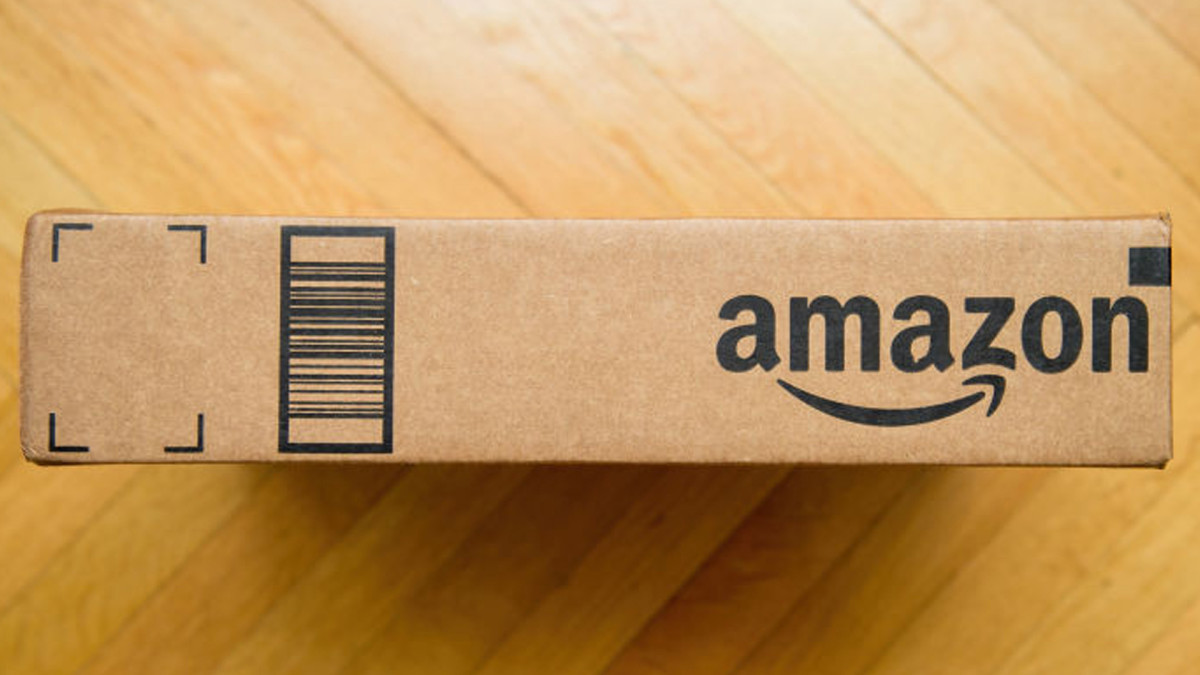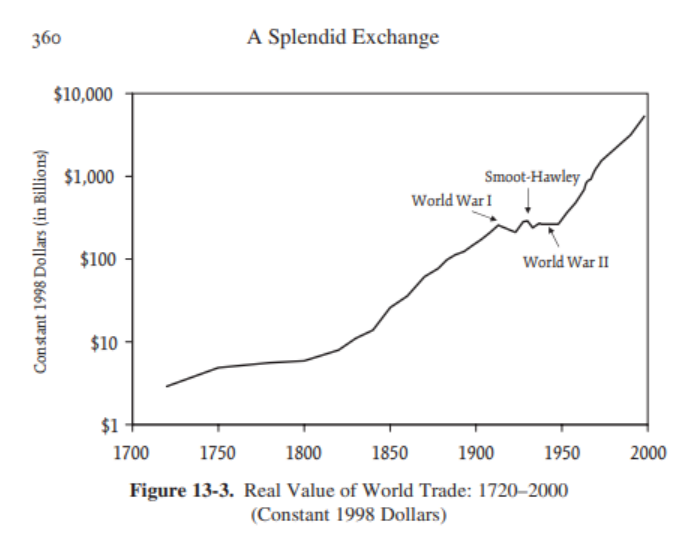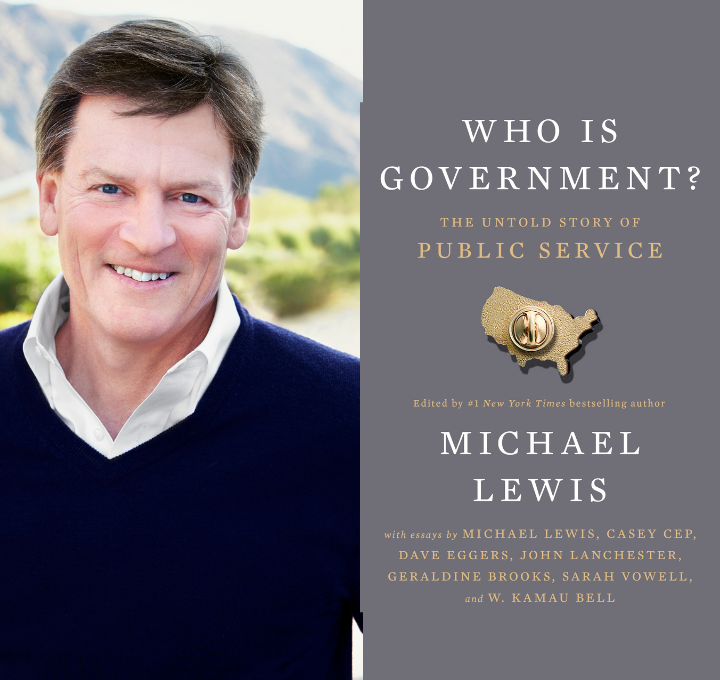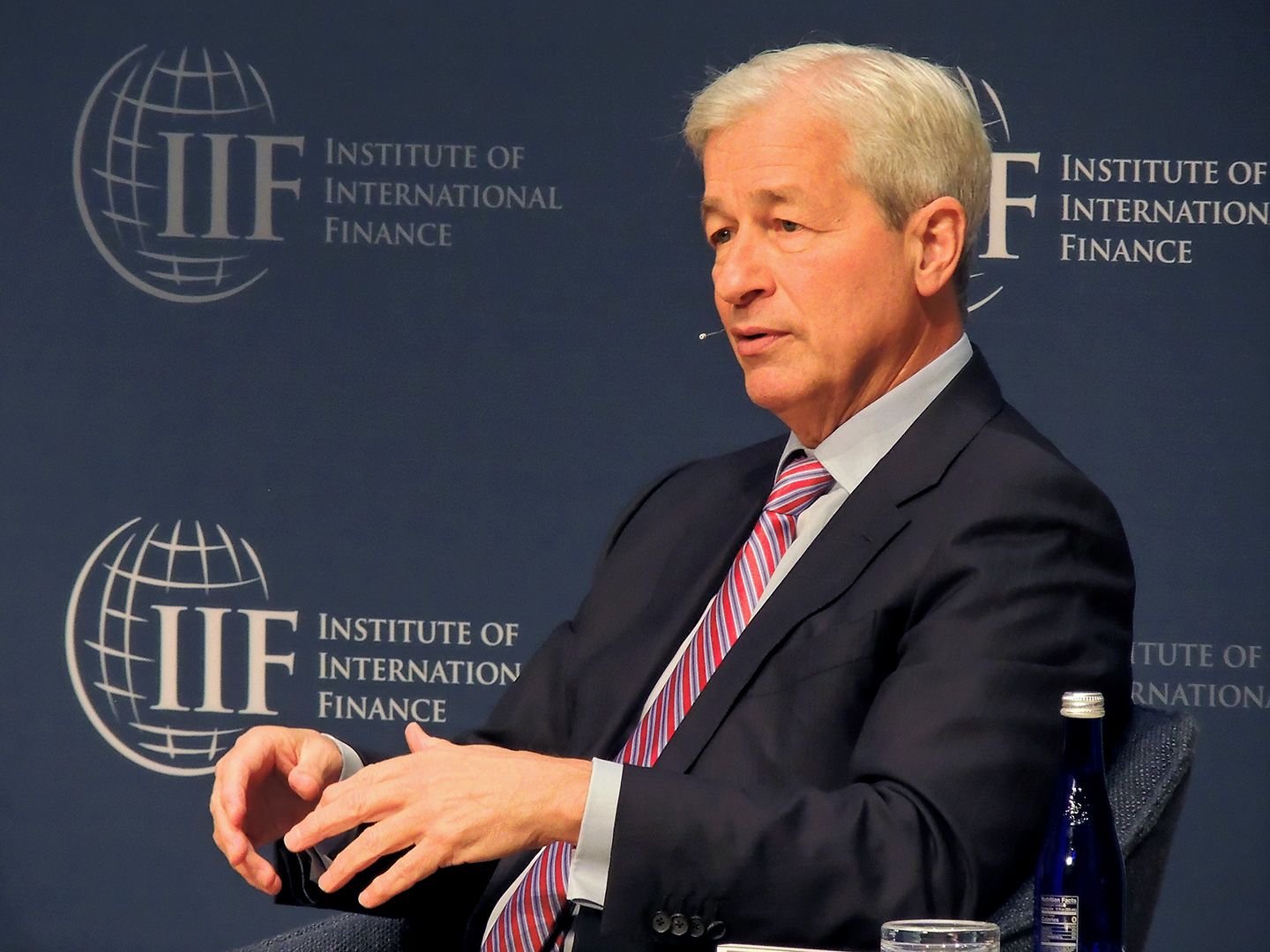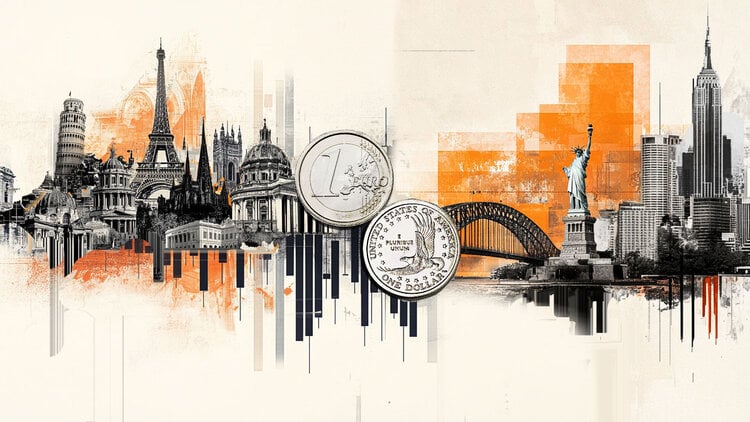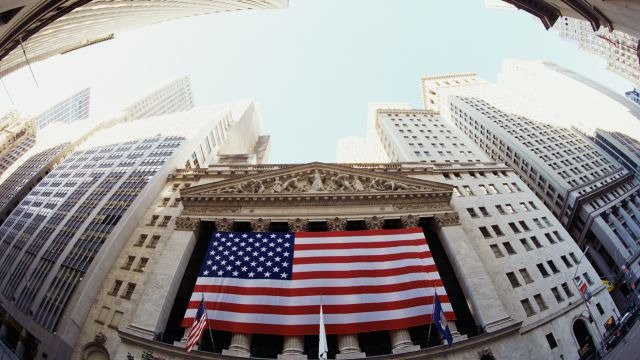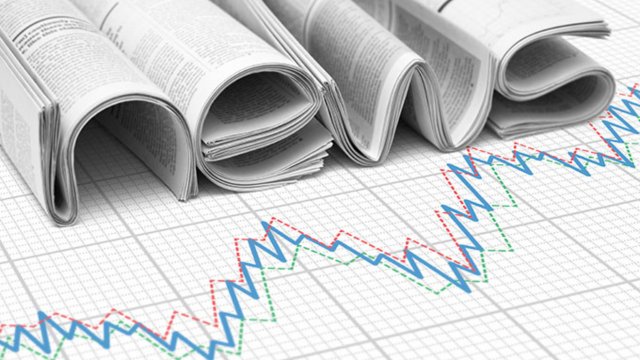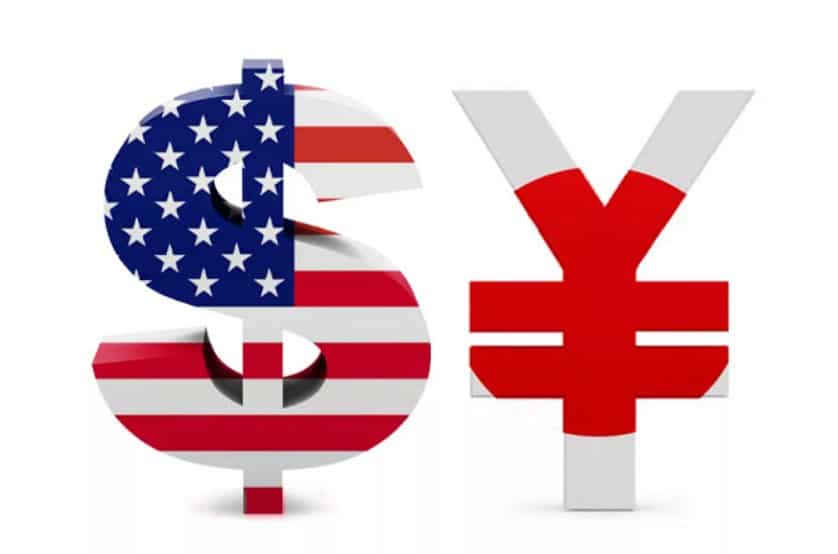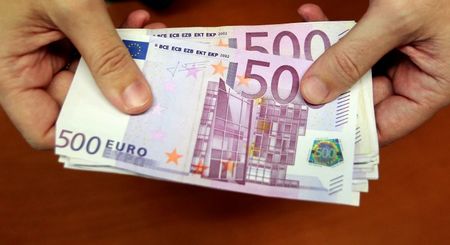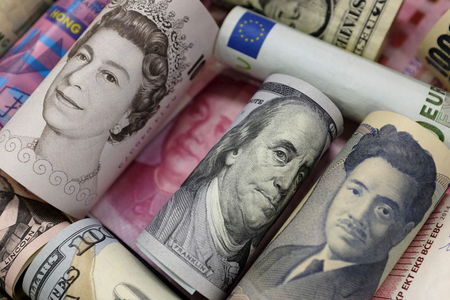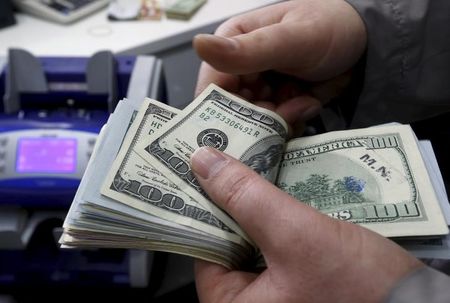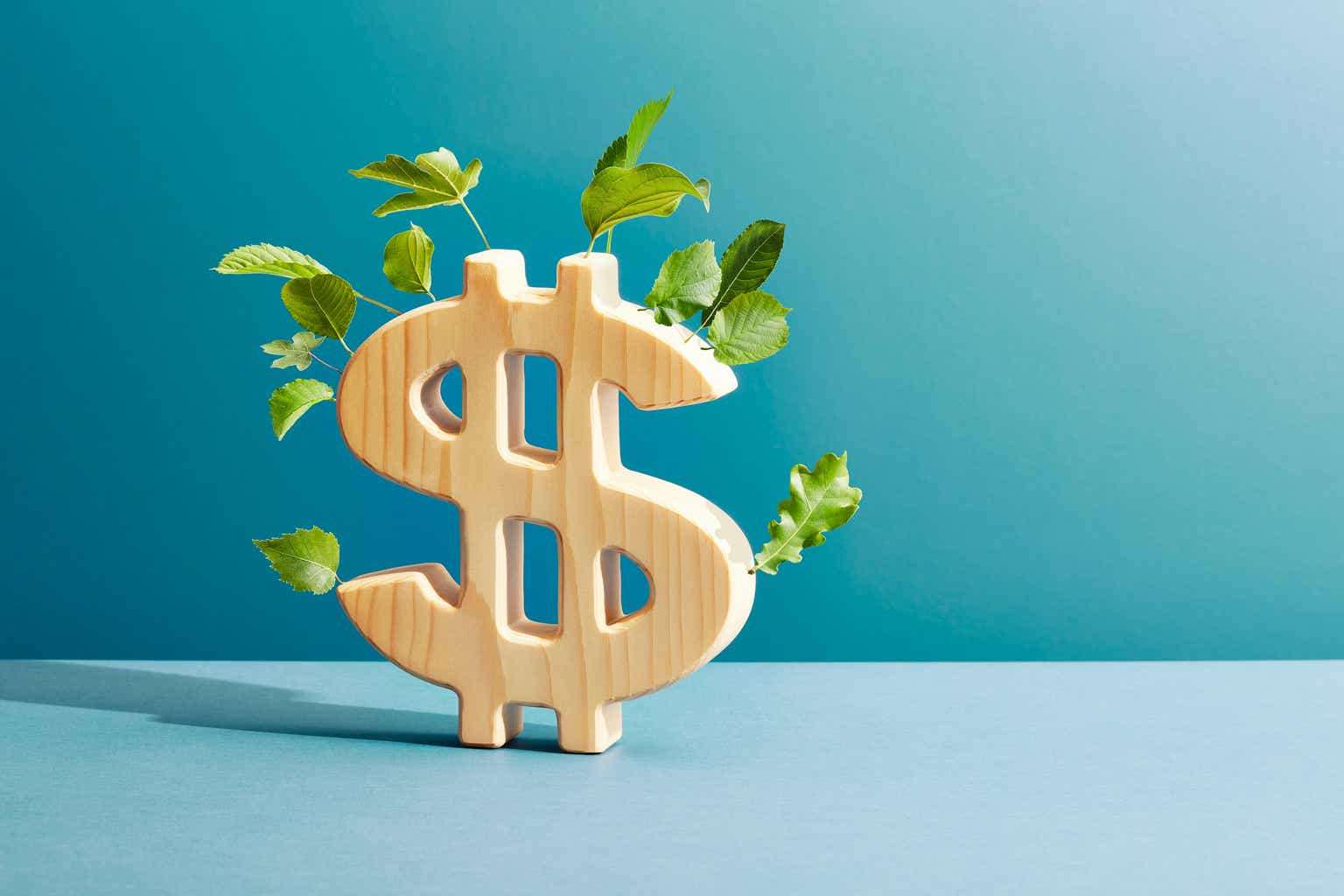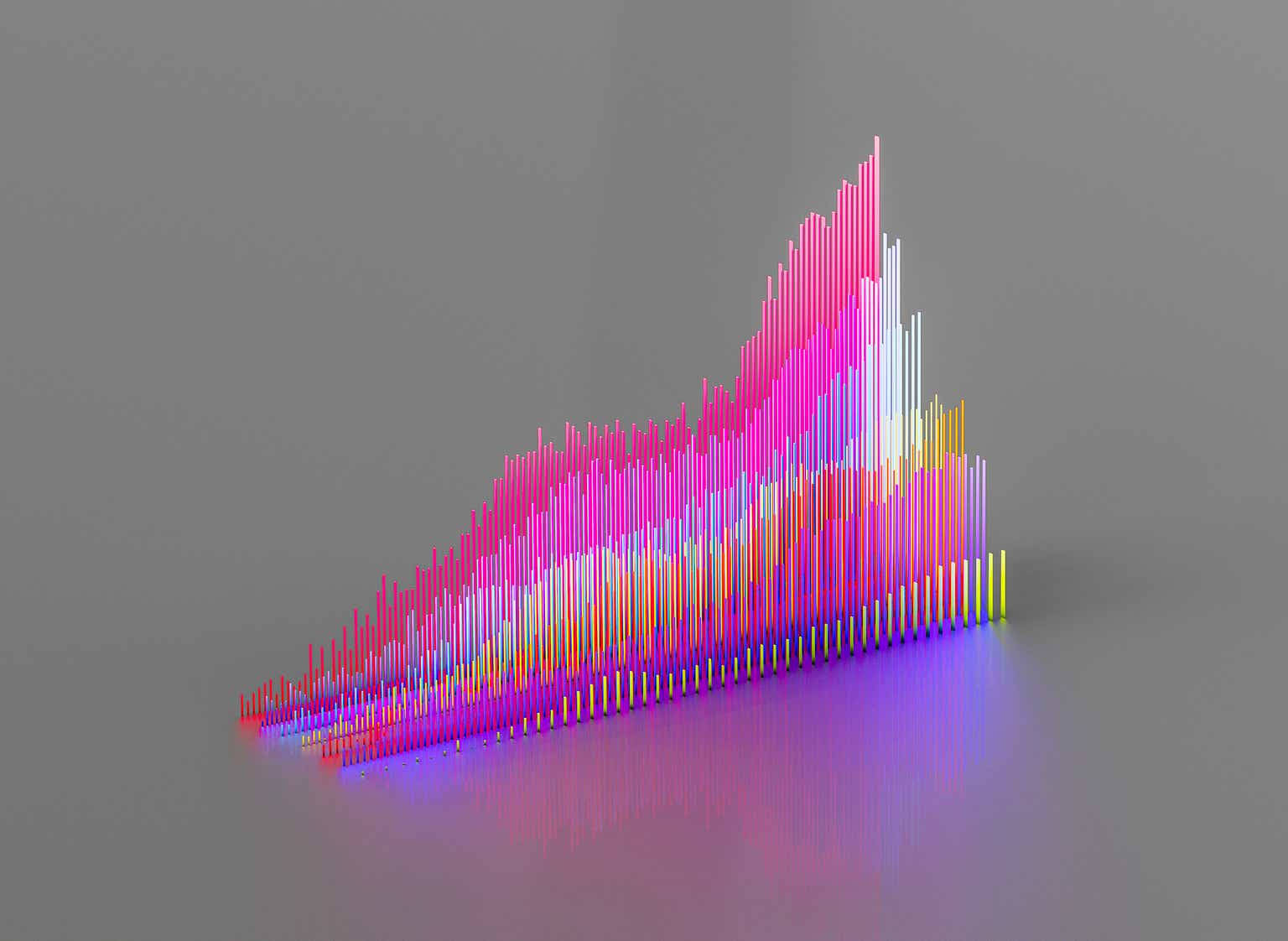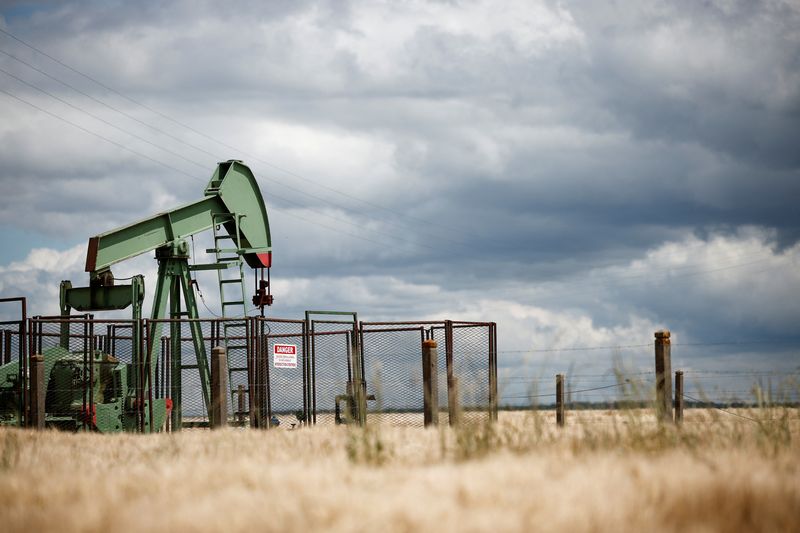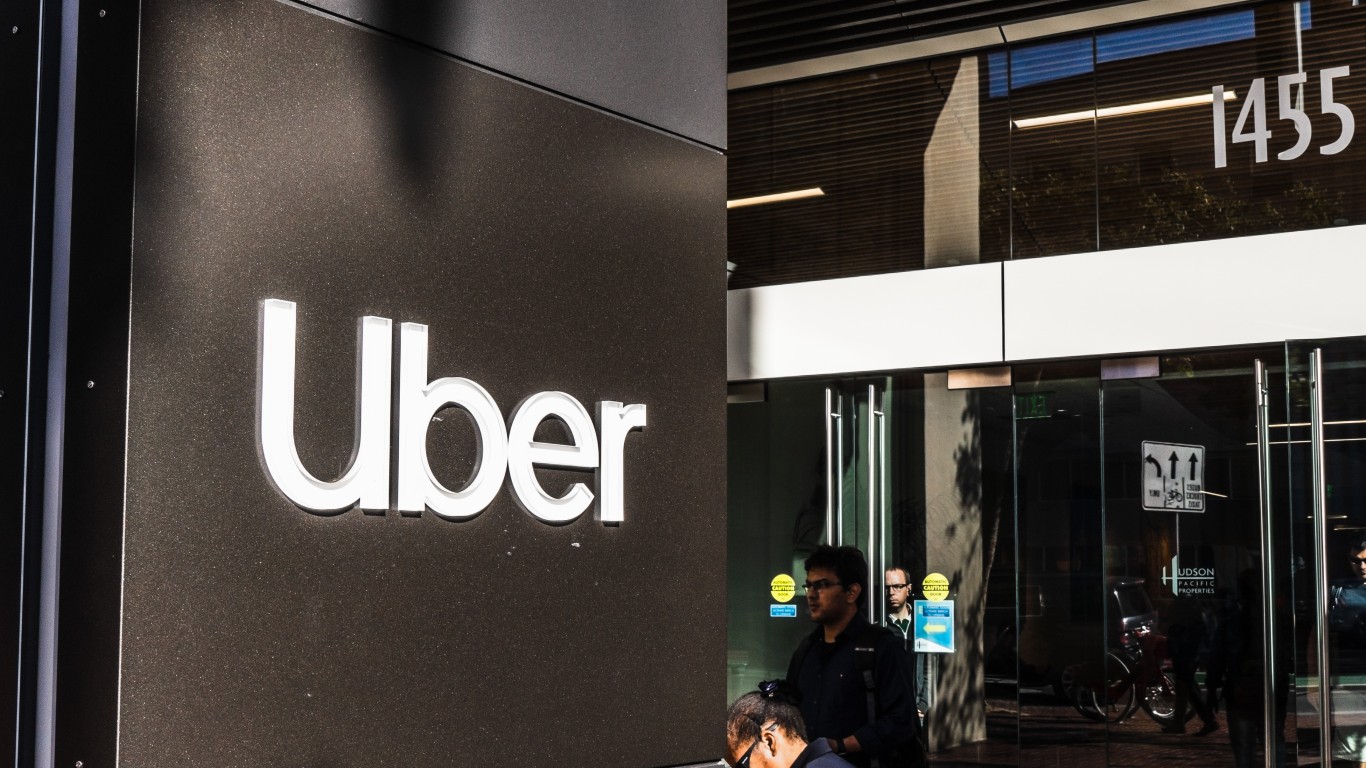3 High-Yield Dividend King Stocks That Are Actually Safe
Things are not looking up for the stock market as the Trump administration seems set on keeping tariffs in place. Most investors still think the tariffs are too severe to be kept in place for the long run, but the market has tanked and is likely to keep doing so. Stocks trading at a substantial […] The post 3 High-Yield Dividend King Stocks That Are Actually Safe appeared first on 24/7 Wall St..

Things are not looking up for the stock market as the Trump administration seems set on keeping tariffs in place. Most investors still think the tariffs are too severe to be kept in place for the long run, but the market has tanked and is likely to keep doing so.
Stocks trading at a substantial premium will likely hit the hardest as investors take profits and shift their gains into safer assets. Most stocks fall in such a downturn, but safe Dividend King stocks are more insulated. A prolonged market crash will likely lead to lower interest rates and make dividend stocks more attractive. Dividend Kings should be on the top of your list due to how reliable they are. These steady performers could benefit significantly.
Key Points
-
Dividend King stocks should be at the top of your list if you’re building a dividend portfolio.
-
Safety matters a lot in the current environment.
-
And these Dividend King stocks come with solid yields and safety.
-
Are you ahead, or behind on retirement? SmartAsset’s free tool can match you with a financial advisor in minutes to help you answer that today. Each advisor has been carefully vetted, and must act in your best interests. Don’t waste another minute; get started by clicking here here.(Sponsor)
Universal Corp (UVV)
Universal Corp (NYSE:UVV) is a business-to-business agri-products company. It supplies leaf tobacco and plant-based ingredients to manufacturers of consumer goods. The stock swings a lot in the short term, but once you zoom out, you’ll quickly realize how consistent it has been.
The company sells to manufacturers instead of consumers and it has long-term contracts with its customers, so the cash flows are very predictable with little short-term volatility. Tobacco is its backbone, and it’s pretty recession-resistant. Declining smoking rates in the West are being offset by the company’s exposure to countries where tobacco consumption is still high. Less than 20% of its revenue comes from the U.S.
That diversification also makes the company resistant to tariffs. Most of its supply chain is tilted outside the U.S. with processing facilities near sourcing regions. And for the U.S. market, it has domestic processing facilities. If anything, UVV should benefit from tariffs as investors pile into tariff-resistant stocks.
Recent trends have been very promising as the company not only stopped its revenue decline in the 2010s but completely reversed it so far in the 2020s. Revenue declined from a peak of $2.54 billion in 2014 to $1.91 billion in 2020 after a drawn-out decline. The company turned a corner that year and has grown revenue to $2.75 billion in FY2024.
The dividend yield here is at 6%, with 55 years of consecutive dividend increases.
Northwest Natural (NWN)
Northwest Natural (NYSE:NWN) is a utility company that focuses on natural gas. The company is a local distribution company that delivers natural gas through its pipeline system to end users and has limited exposure to natural gas prices.
And if you’ve been watching CNBC or reading the posts on major investment platforms, you’re likely aware that utility stocks are getting trendy. They are expected to buck the market downturn. These companies are very insulated from tariffs and have almost no tariff exposure.
Recent trends are promising as the company is proposing a residential rate increase of 6.8% starting on November 1 this year in Oregon. It also acquired Texas-based SiEnergy earlier this year. You should keep in mind that regulators denied the company from raising rates by 18% last year, and it increased residential rates by almost 5% in November 2024, so I wouldn’t be too optimistic about back-to-back rate increases being allowed.
Rate increase or not, the financials are solid, and the stock is very attractive at these levels. It is trading at a 44% discount to February 2020 levels. This is one of the few stocks that barely took a hit during the Great Recession, so I expect continued resilience.
The forward dividend yield is 4.76%, with 70 years of consecutive dividend increases.
Kimberly-Clark (KMB)
Kimberly-Clark (NYSE:KMB) is often one of the first stocks in any list that discusses defensive dividend stocks. A boring, obvious pick is precisely what you want to hold during a downturn. It makes paper-based personal care and hygiene products like tissues and diapers. Most consumers don’t cut back on these.
Kimberly-Clark isn’t as insulated as the two other stocks on this list. It sources many of its inputs from different countries and can lead to margin squeezes. However, I don’t see it as a bad thing. For example, past spikes in pulp prices led to a $675-775 million increase in commodity costs, but the company successfully passed on those costs to buyers and it caused the stock to rise.
And there’s plenty of buffer if margins are squeezed. It has an operating margin of 16.5%, which is better than 86% of its peers. Operating cash flow has remained stable over the past decade at around $3 billion annually, and the company has used that cash to buy back shares consistently and raise dividends.
Tariff fears have dragged it down to $137.9 after a 5% decline once China retaliated with its own tariffs. The stock could decline to $120 or even $100 in the worst-case scenarios, but accumulating even more on such declines is a good idea, as KMB should eventually bounce back.
It has a 3.65% dividend yield with 54 consecutive years of dividend hikes.
The post 3 High-Yield Dividend King Stocks That Are Actually Safe appeared first on 24/7 Wall St..




